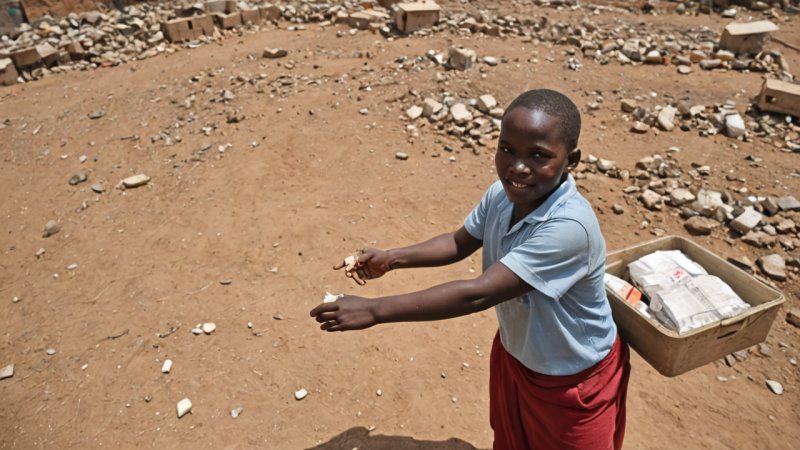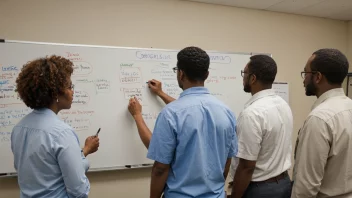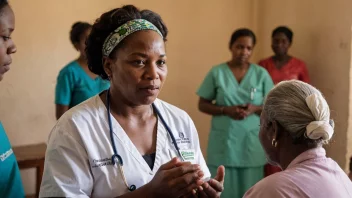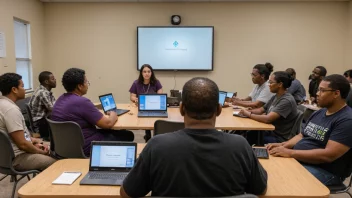Faith-based organizations (FBOs) have been instrumental in driving humanitarian initiatives worldwide, serving as a bridge between spiritual beliefs and social action. By leveraging the principles of compassion, community, and service inherent in many religious teachings, these organizations have become vital players in addressing pressing global challenges.
One of the core strengths of FBOs lies in their ability to mobilize communities. Their inherent understanding of local cultures, needs, and values allows them to engage effectively with those they serve. This grassroots connection facilitates trust and encourages individuals to participate in humanitarian efforts. When people see their faith leaders actively addressing societal issues, they are more likely to join in and contribute their time and resources to these initiatives.
FBOs are particularly adept at addressing health and wellbeing. Many organizations operate hospitals, clinics, and health education programs, providing essential services to underserved populations. For example, during the COVID-19 pandemic, numerous FBOs launched initiatives to distribute masks, provide testing, and offer mental health support to communities grappling with the crisis. Their commitment to holistic health reflects the belief that spiritual and physical wellbeing are interconnected, highlighting the importance of addressing both aspects in humanitarian work.
In addition to health, FBOs play a crucial role in poverty alleviation. Many organizations run social enterprises, job training programs, and food assistance initiatives that empower individuals to improve their economic circumstances. By focusing on sustainable development, FBOs help communities build resilience and self-sufficiency. This long-term approach not only alleviates immediate hardships but also fosters a sense of hope and possibility.
FBOs also contribute significantly to education and literacy efforts. Many religious institutions prioritize education as a pathway to empowerment, establishing schools and literacy programs in their communities. These initiatives often target marginalized groups, ensuring that everyone has access to quality education. By investing in education, FBOs help break the cycle of poverty and create opportunities for future generations.
Collaborative efforts are key to enhancing the impact of FBOs. Many organizations partner with local governments, NGOs, and international agencies to implement comprehensive programs. These collaborations allow for resource sharing, knowledge exchange, and coordinated responses to crises. For instance, during natural disasters, FBOs often work alongside emergency response teams to provide immediate relief and support recovery efforts.
Despite their significant contributions, FBOs must navigate challenges, including the need for transparency and inclusivity. It is essential for these organizations to ensure that their work is rooted in humanitarian principles, prioritizing the needs of all individuals, regardless of their beliefs. By fostering an inclusive environment, FBOs can maximize their effectiveness and create lasting change.
In conclusion, faith-based organizations are powerful agents of humanitarian change, driven by the values of compassion and service. Their ability to mobilize communities, address health and wellbeing, alleviate poverty, and promote education underscores their vital role in society. As individuals, we can support these initiatives by volunteering our time, sharing information, and encouraging others to get involved. Together, we can harness the power of faith to create a more just and compassionate world.
The Power of Faith in Humanitarian Initiatives
Explore how faith-based organizations are transforming humanitarian initiatives through community mobilization, health services, and educational programs.






